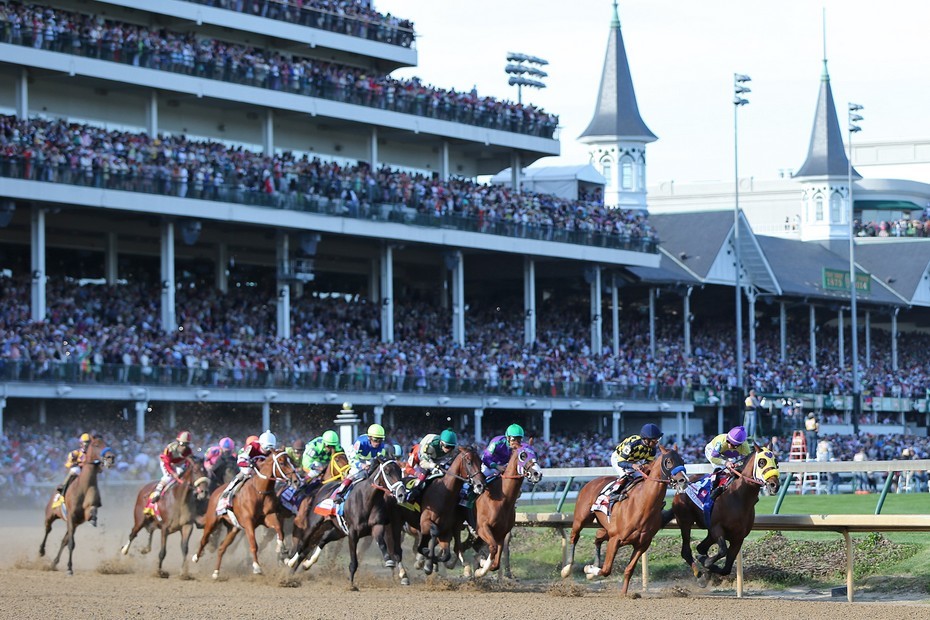
The Kentucky Supreme Court unanimously ruled that the Kentucky Horse Racing Commission cannot change the definition of “pari-mutuel betting.” In doing so, the Court upheld the limitations on administrative agency actions.
In Family Trust Foundation v. Kentucky Horse Racing Commission, the Foundation challenged whether historical horse racing (HHR) betting constituted pari-mutuel betting. The Foundation had intervened after the Commission itself sought judicial blessing of using HHR.
In Kentucky, pari-mutuel betting is permitted and is the lifeblood for the horse racing industry. HHR uses historical races to form the basis of betting that by all appearances looks just like a electronic slot machine found in casinos the world over.
The Foundation challenged that some of the systems used for HHR allowed bettors to be betting on multiple races, not the same race. The Foundation argued this was not permitted by the legal definition for pari-mutuel betting because bettors were not betting on the same historical horse race and therefore there bets were not in a common pool, a necessary element for pari-mutuel betting.
In an unanimous decision, the Kentucky Supreme Court agreed. It did so based on its analysis of the legal definition for “pari-mutuel”.
The broader impact of the ruling, however, is emphasizing the limits on administrative agency action. As the size of government has grown, the rise of administrative agencies has been criticized for exercising powers that should be limited to the executive, legislative, or judicial branches. Each of those branches of government are subject to elections and therefore the consent of the governed, whereas bureaucrats in administrative agencies are not.
The Court cited foundational principles of administrative law:
[T]he Commission, like all administrative agencies, may not exceed its statutory authority. Thus, an agency may not assume any power not expressly granted to it by the general assembly. An administrative body’s powers are defined and limited by the agency’s enabling statute.
(citations omitted). In ruling that the Commission’s allowance of HHR that did not use a common pool as exceeding the Commission’s authority, the Court stated:
The Commission is charged with regulating pari-mutuel wagering. But without positive legislative action and sanction, it has no authority to create from whole cloth and to approve a wagering pool in which each patron is wagering on a different event or set of events. Such a wagering pool by no means can be considered a pari-mutuel wagering pool[.]
The Court recognized the impact its ruling would have both on the horse racing industry and the Department of Revenue, which receives tax revenue from HHR betting. Nevertheless, the Court concluded:
If a change, however, in the long-accepted definition of pari-mutuel wagering is to be made, that change must be made by the people of this Commonwealth through their duly-elected legislators, not by an appointed administrative body and not by the judiciary.
This reaffirmation on the limitation of administrative action may result in other administrative rulings being limited, if they exceed their statutory authority.